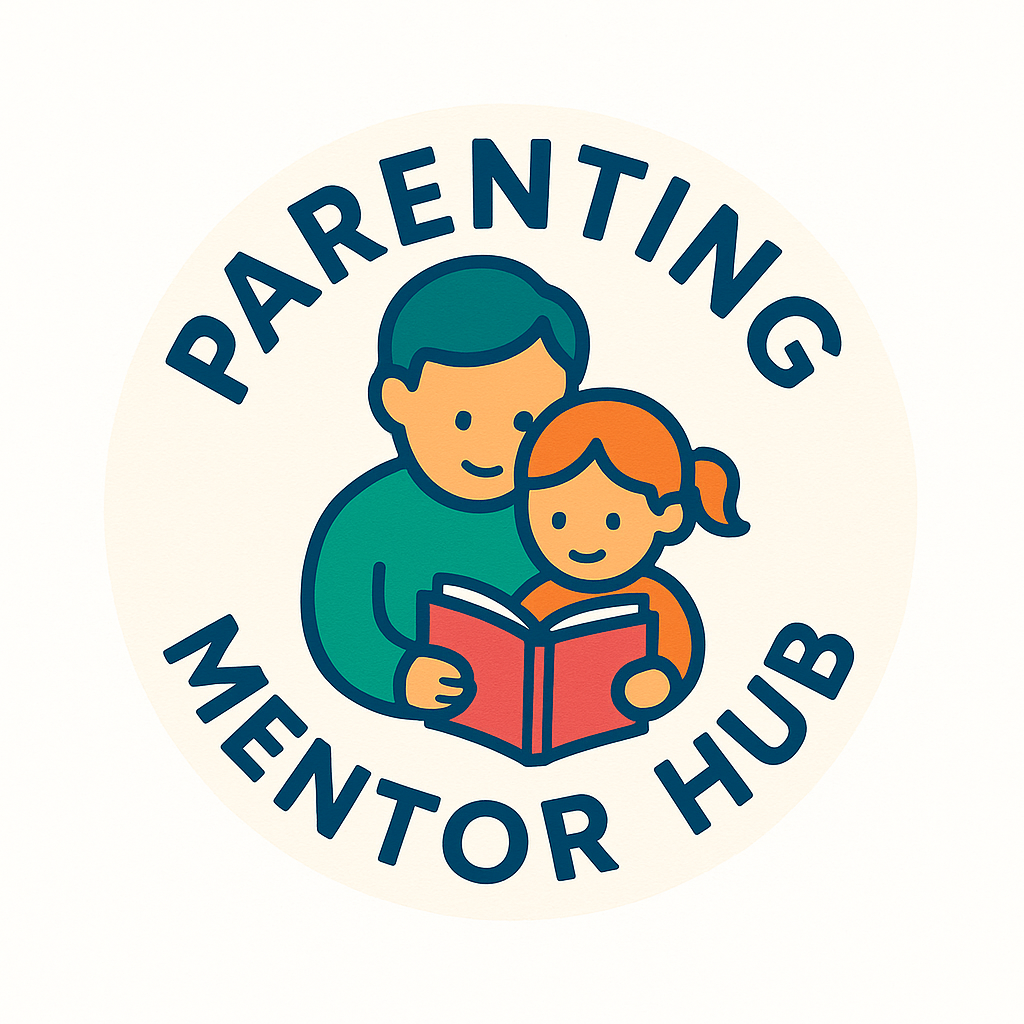
Becoming a first-time dad brings excitement, nerves, and lots of questions. From nappy changes to night feeds, it can feel like everyone else knows what they’re doing – but you don’t – especially in the early days. But the truth is, every dad starts somewhere. Getting involved right from the start not only builds a strong bond with your baby but also creates trust and balance between both parents.
Why Getting Involved Early Matters
Many new dads worry that their baby will only want mum, especially in the early days if she’s breastfeeding. But babies respond well to anyone who is gentle, consistent, and attentive. Early involvement helps build confidence, lays the foundation for a strong connection, and creates positive memories that last.
Even something as simple as regular nappy changes or soothing routines helps babies learn your voice, your touch, and your presence. Over time, these tasks become less about “helping” and more about bonding.
What Can Dads Do in the First Week?
There are plenty of ways to get hands-on straight away:
- Nappy duty: It’s a concrete, useful task that makes a big difference – and gets easier with practice.
- Skin-to-skin contact: Holding your baby against your bare chest helps calm and comfort them, while also strengthening your bond.
- Night feeds and settling: If baby is bottle-fed (formula or expressed milk), you can take over some night feeds. For breastfed babies, helping with winding, changing, and settling after feeds is a great way to support your partner and feel involved.
💡 Tip: Keep spare vests and babygrows within reach for those inevitable messy moments!
Building Confidence Through Daily Routines
Confidence doesn’t appear overnight – it builds with every cuddle, change, and lullaby. Dads can try:
- Reading softly: Your voice matters, even in the earliest weeks. Reading or just talking helps babies become familiar with you.
- Walking with the pram: A short walk can soothe your baby and give your partner a much-needed rest.
- Singing or humming: Musical talent isn’t required – babies enjoy the rhythm and tone of your voice.
These repeated moments offer calm, connection, and reassurance for both baby and parent.

How to Communicate With Your Partner
New parenthood can test even the strongest relationships. Regular check-ins help both parents stay aligned. Try asking:
- “What can I do to help today?”
- “Would you like a break while I do the next change/feed?”
- “Can you show me what works best so I can give it a go?”
Agreeing on routines – like taking charge of bathtime or settling baby after a feed – can create structure and ease the mental load for both partners. Clear, kind communication goes a long way when sleep is short and emotions are high.
Facing Common Doubts
Feeling unsure or left out is completely normal. Many dads worry they’ll “get it wrong” or feel sidelined when mum seems to instinctively know what to do. But babies don’t need perfection – they need your presence, patience, and gentle care.
Asking other dads for advice or sharing stories helps cope with the ups and downs. Mistakes will happen, but that’s part of learning. Keep showing up, keep trying, and the confidence will come.
How Your Role Evolves Over Time
As babies grow, so does your role. In the early days, practical tasks like feeding, changing, and settling the baby are what’s most important. As babies become more alert and playful, dads often take on fun rituals like pram walks or silly bath songs.
The main thing is to be involved, adapting with your child, and embracing each new stage – even if it feels unfamiliar at first.
Realistic Ways to Take the Lead Month by Month
In the first week:
- Focus on hands-on care like nappy changes, comforting, and nighttime support.
By the end of the first month:
- Add small rituals like reading at bedtime or regular walks with the pram.
Ongoing:
- Choose one daily activity to “own” – such as bath time, singing to your baby, or morning cuddles – and adapt as your child’s needs change.
Consistency builds connection. Even small daily actions can become special moments between dad and baby.
Troubleshooting Common Challenges
Busy work schedules?
Evening routines like bath time or bedtime stories can become “dad time.” On weekends, aim for longer stretches of quality time – walks, park trips, or just chatting during a change.
Not home at bedtime?
Try video calls or record a short story to play before sleep so your baby still hears your voice. Small gestures go a long way in keeping your voice and presence familiar.
Flexibility matters. Every bit of effort helps build that special bond.
Quick Q&A: New Dad Edition
How do I know if my baby is bonding with me?
Look for eye contact, calming when held, or responding to your voice. Connection builds slowly – trust the process.
What if the baby only wants mum?
That’s normal in the beginning. Keep offering comfort and time together. Babies learn to trust more than one caregiver. They will want mum if they are hungry and mum is breastfeeding, but if you get involved early, babies are just as happy to be cared for by dad.
Can I still help if my partner is breastfeeding?
Absolutely. You can handle winding, nappies, or post-feed soothing – and bring snacks or water to your partner. Taking on household chores – even simple things like turning the oven temperature down or emptying the dishwasher – makes a big difference, too.
Final Thoughts
Getting involved early is one of the most important gifts you can give your baby – and yourself. It’s not about being perfect; it’s about being present. From nappy changes to bedtime stories, every small thing you do builds connection, trust, and confidence. The more involved you are now, the stronger your bond will be as your child grows.
As your baby grows, you might also like our post on early baby milestones – what to expect and how dads can join in.

